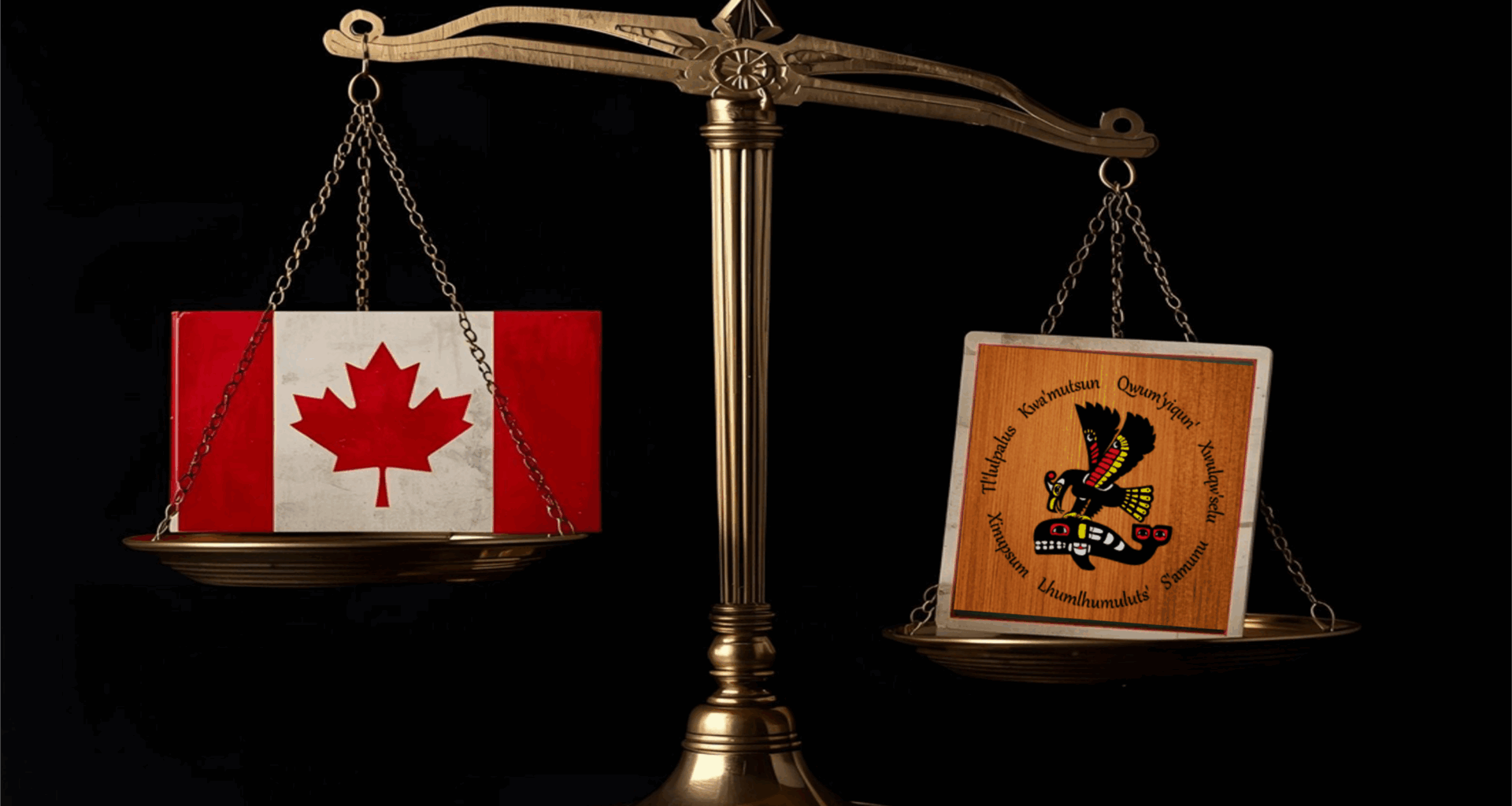“Honour of the Crown” is a legal concept developed and made law by the Supreme Court of Canada in the decades following the Constitution Act, 1982. The court had ruled that once the Crown’s honour has been engaged, Canada’s federal and provincial governments owe a fiduciary duty to the affected Indigenous people and a duty to consult with and accommodate them regarding any contemplated conduct that might reasonably affect them. It follows on the overarching theme of all aboriginal litigation in Canada based on section 35 of the Constitution Act, 1982, which preserves the pre-existing rights of the “aboriginal peoples of Canada”.
In the Cowichan case, the judge ruled that the honour of the Crown was engaged by an 1853 journal entry from James Douglas, Governor of the Colony of Vancouver Island, in which he recounted telling the Cowichan that the Queen had charged him to protect them and treat them “with justice and humanity”. In the 2025 B.C. Supreme Court ruling, Justice Barbara Young described it as a “solemn promise” and “sufficient to engage the honour of the Crown,” which proved pivotal to the final decision.

